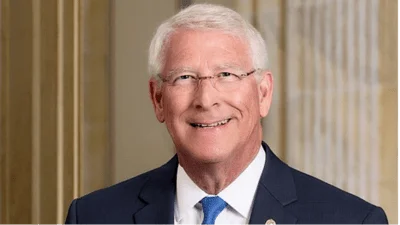Washington, D.C. -Today, the Committee on Oversight and Reform reached an agreement with the President’s attorneys to seek an expedited appeal in the Mazars case. The request must be approved by the D.C. Circuit Court of Appeals to take effect.
Under the requested schedule, which was filed earlier today as a joint motion, written arguments could be submitted as early as June 12, with all briefings completed by July. If the Court approves this accelerated schedule, the Committee would agree to suspend the enforcement of its subpoena during the pendency of the appeal.
Chairman Elijah E. Cummings issued the following statement:
“I was very encouraged earlier this week when the District Court issued its strong ruling supporting Congress’ right to conduct investigations, and I am encouraged that we have now been able to reach this agreement to seek an expedited appeal. I hope the Court approves our request so we can move forward and effectively discharge our responsibilities under the Constitution."
On Monday, the District Court issued a decisive ruling in the case vindicating the right of the Committee to investigate issues concerning the President and his companies. The Court rejected President Trump’s direct challenge to congressional authority and ruled that Mazars, the accounting firm that prepared financial statements for President Trump, must comply with the Committee’s duly authorized subpoena for financial records. The Court also rejected President Trump’s repeated, baseless claim-which his lawyers have made in response to a host of requests across multiple committees-that Congress has no legislative purpose in conducting investigations. Following a long line of Supreme Court cases, the Court reaffirmed Congress’ authority to conduct investigations as part of its core function under the Constitution.
In its ruling, the Court found that the Committee had numerous valid legislative purposes for its investigation, including determining whether the President has undisclosed conflicts of interest, whether he is complying with the Emoluments Clause, whether he has engaged in criminal activities, and whether he has accurately reported his finances as required by federal law. Key quotes from the Court’s ruling:
* “It is simply not fathomable that a Constitution that grants Congress the power to remove a President for reasons including criminal behavior would deny Congress the power to investigate him for unlawful conduct-past or present-even without formally opening an impeachment inquiry."
* “Courts have grappled for more than a century with the question of the scope of Congress’s investigative power. The binding principle that emerges from these judicial decisions is that courts must presume Congress is acting in furtherance of its constitutional responsibility to legislate and must defer to congressional judgments about what Congress needs to carry out that purpose."
* “So long as Congress investigates on a subject matter on which ‘legislation could be had,’ Congress acts as contemplated by Article I of the Constitution."
* “History has shown that congressionally-exposed criminal conduct by the President or a high-ranking Executive Branch official can lead to legislation."
* “In short, as long as there is a facially valid legislative purpose for the investigation, Congress acts within its constitutional authority. That is the case here."








